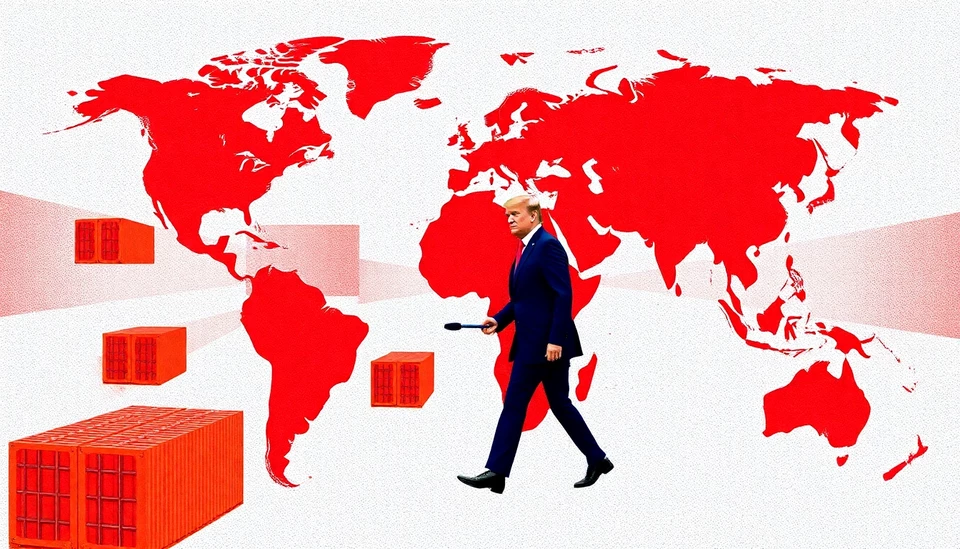
In a significant policy move, the Trump administration has announced new tariffs targeting imports of steel and aluminum, which raises questions about the broader implications for international trade, particularly with Canada. These tariffs aim to bolster domestic manufacturing while addressing national security concerns, but they may also trigger retaliatory actions from Canada and other trading partners.
The rationale behind these tariffs is multifaceted. The U.S. government cites reasons linked to national security, claiming that dependency on foreign steel and aluminum undermines the country's defense capabilities. By imposing a 25% tariff on steel and a 10% tariff on aluminum imports, the administration seeks to protect American jobs and stimulate local industry. The impact of this decision could reverberate across various sectors that rely on these materials, from construction to automotive manufacturing.
Canada, one of the largest suppliers of steel and aluminum to the U.S., is particularly affected by these tariffs. The Canadian government has expressed strong opposition to the measures, arguing that they are unwarranted and unjust. The tariffs could potentially disrupt a significant amount of trade, as Canada accounts for a substantial share of U.S. metal imports. Industry leaders in Canada are concerned that these tariffs could result in job losses and economic instability.
Furthermore, the anticipated retaliatory measures from Canada could escalate tensions in North American trade relations. Experts indicate that Canada is likely to respond with its own tariffs affecting U.S. goods, especially those that resonate with American producers. Items like agricultural products, particularly dairy and meats, could find themselves on the hit list as Canada seeks to counterbalance the economic impact of the U.S. tariffs.
The broader implications of these tariffs on global trade dynamics are also under scrutiny. The move could provoke a chain reaction, with other countries rising to defend their own industries against perceived injustices in U.S. trade policy. This situation may lead to a fractured trading environment, undermining the principles of free trade that have long governed international relations.
As stakeholders monitor the evolving situation, it is evident that the Trump administration's approach could have lasting effects on trade, economy, and political relations not only with Canada but also with other nations. The tussle over tariffs serves as a reminder of the complexities involved in international trade and the need for cohesive strategies that take into account the interconnected nature of today's global economy.
In conclusion, the new tariffs on steel and aluminum mark a pivotal moment in U.S. trade policy, with far-reaching consequences for bilateral relations, economic stability, and international trade norms. As the situation unfolds, the world watches closely to see how Canada and other affected nations will respond and adapt to these developments.
#TrumpTariffs #CanadaTrade #SteelAluminum #USTradePolicy #InternationalRelations
Author: Laura Mitchell




